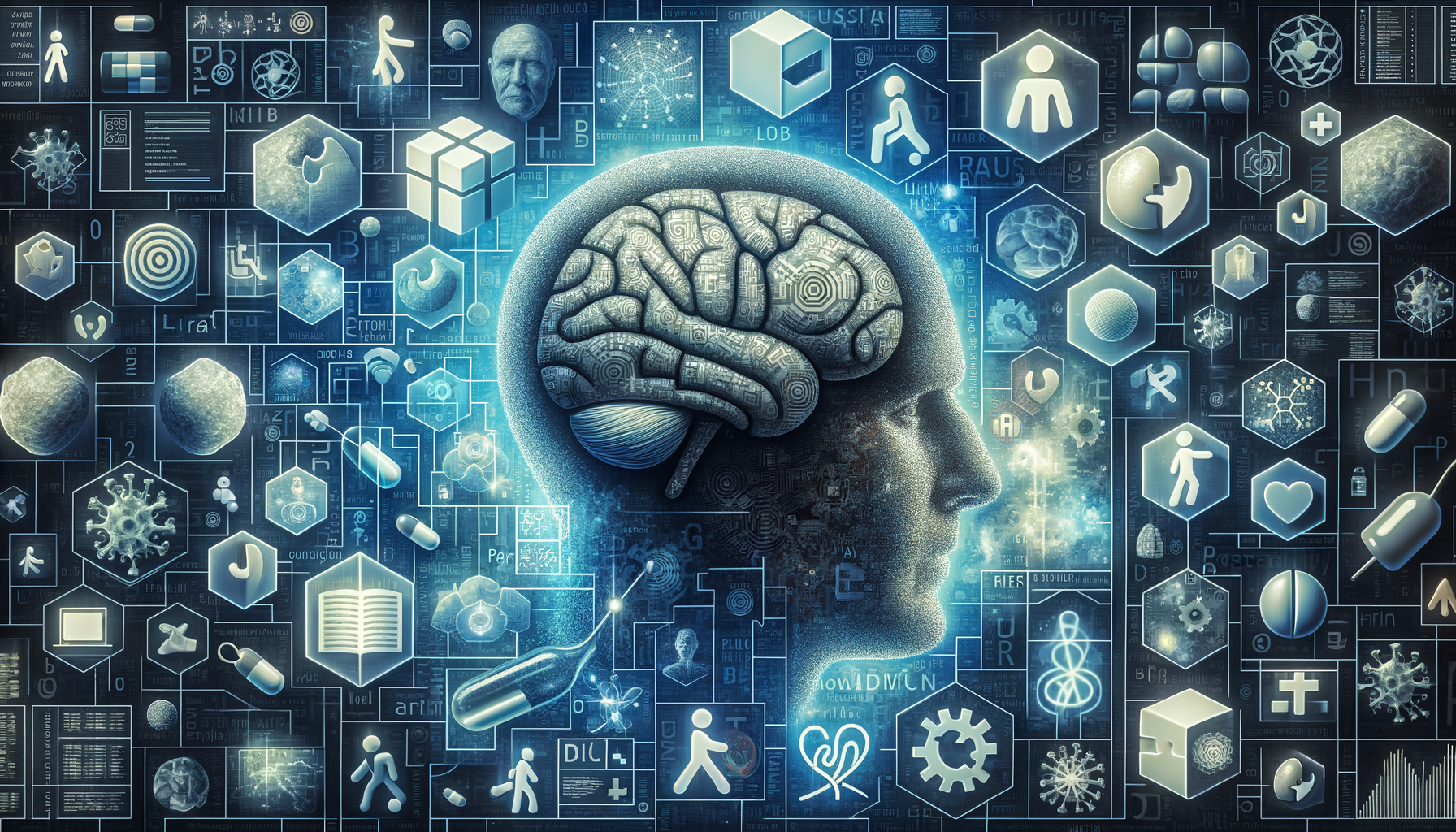Introduction to Alzheimer’s Disease
Alzheimer’s disease is a progressive neurological disorder that leads to memory loss, cognitive decline, and ultimately, loss of the ability to carry out the simplest tasks. It is the most common cause of dementia among older adults, affecting millions of individuals worldwide. Understanding Alzheimer’s is crucial not only for those diagnosed but also for their families and caregivers who support them through this challenging journey.
Alzheimer’s is characterized by the buildup of amyloid plaques and tau tangles in the brain, which disrupts communication between neurons. This disruption leads to the symptoms commonly associated with the disease, such as confusion, difficulty with language, and impaired judgment. As the disease progresses, these symptoms worsen, making daily living increasingly difficult.
The importance of understanding Alzheimer’s cannot be overstated, as early diagnosis and intervention can significantly impact the quality of life for those affected. By recognizing the signs early, individuals can seek medical advice and explore treatment options that may help slow the progression of the disease. Moreover, understanding the condition fosters empathy and support within communities, creating a more inclusive environment for those living with Alzheimer’s.
Causes and Risk Factors
The exact cause of Alzheimer’s disease remains largely unknown, but several factors are believed to contribute to its development. Genetics plays a significant role, particularly in early-onset Alzheimer’s, which is less common but often runs in families. The presence of certain genes, such as the APOE-e4 gene, can increase the risk of developing the disease, although it is not a definitive predictor.
Age is the most significant risk factor, with the likelihood of developing Alzheimer’s increasing as one gets older. Most individuals diagnosed with Alzheimer’s are 65 years or older. Other risk factors include a history of head trauma, cardiovascular disease, and lifestyle factors such as smoking and a sedentary lifestyle.
While some risk factors, like age and genetics, cannot be changed, others can be managed through lifestyle modifications. Engaging in regular physical activity, maintaining a healthy diet, and staying mentally and socially active are all strategies that may reduce the risk of Alzheimer’s. Additionally, managing chronic conditions like hypertension and diabetes can also contribute to brain health.
Symptoms and Diagnosis
Alzheimer’s disease manifests through a range of symptoms, which can vary from person to person. The early stages often involve mild memory loss, such as forgetting recent conversations or misplacing items. As the disease progresses, individuals may experience confusion about time and place, difficulty completing familiar tasks, and changes in mood or personality.
Diagnosing Alzheimer’s involves a comprehensive evaluation by healthcare professionals. This typically includes a review of the patient’s medical history, cognitive tests, and physical and neurological examinations. Brain imaging techniques, such as MRI and CT scans, may also be used to rule out other conditions and assess the extent of brain changes.
Early diagnosis is essential for planning and managing the disease effectively. It allows individuals and their families to make informed decisions about care and treatment options, as well as to participate in clinical trials that may offer access to new therapies. Moreover, early intervention can help alleviate some symptoms and improve the quality of life for those affected.
Treatment and Management Strategies
Currently, there is no cure for Alzheimer’s disease, but several treatment options can help manage symptoms and improve quality of life. Medications, such as cholinesterase inhibitors and memantine, are commonly prescribed to address cognitive symptoms. These drugs can help improve memory and thinking or slow their decline in some individuals.
Beyond medication, lifestyle modifications play a crucial role in managing Alzheimer’s. A balanced diet rich in fruits, vegetables, and whole grains, along with regular physical activity, can support overall brain health. Social engagement and cognitive stimulation, through activities like puzzles and reading, can also be beneficial.
Support for those with Alzheimer’s extends beyond medical treatment. Caregiving plays a pivotal role, often provided by family members or professional caregivers. Support groups and resources are available to assist caregivers in managing the emotional and physical demands of caring for someone with Alzheimer’s. These resources can provide valuable information, emotional support, and practical advice for navigating the challenges of the disease.
Future Directions and Research
Research into Alzheimer’s disease is ongoing, with scientists exploring various avenues to better understand, treat, and ultimately prevent the condition. Advances in genetics and neuroimaging have provided insights into the disease’s mechanisms, opening new possibilities for therapeutic interventions.
One promising area of research involves the development of disease-modifying therapies aimed at targeting the underlying causes of Alzheimer’s. These therapies focus on reducing the buildup of amyloid plaques and tau tangles in the brain. Clinical trials are underway to test the efficacy and safety of these potential treatments.
In addition to pharmacological approaches, research is also exploring the impact of lifestyle factors on Alzheimer’s risk and progression. Studies are examining the role of diet, exercise, and cognitive training in maintaining brain health and reducing the risk of cognitive decline. These findings may lead to new recommendations for Alzheimer’s prevention and management.
The future of Alzheimer’s research holds promise, with the potential to transform the way the disease is understood and treated. Continued investment in research is essential to unlock new discoveries and improve the lives of those affected by Alzheimer’s worldwide.




Leave a Reply